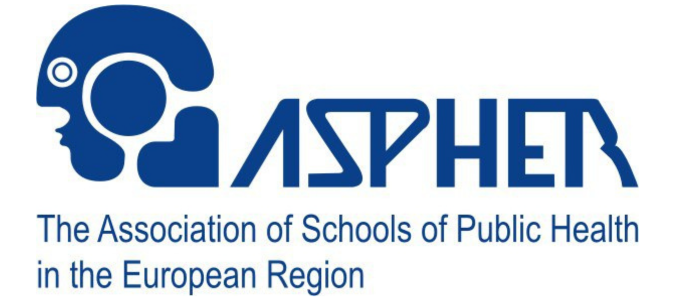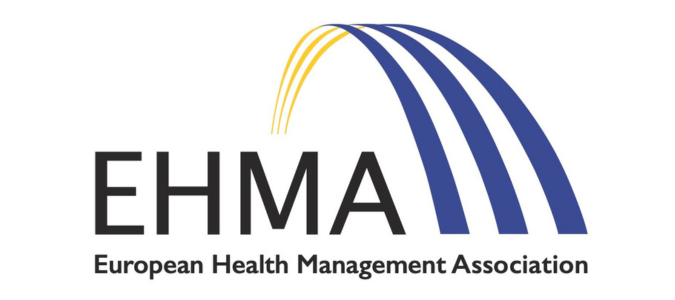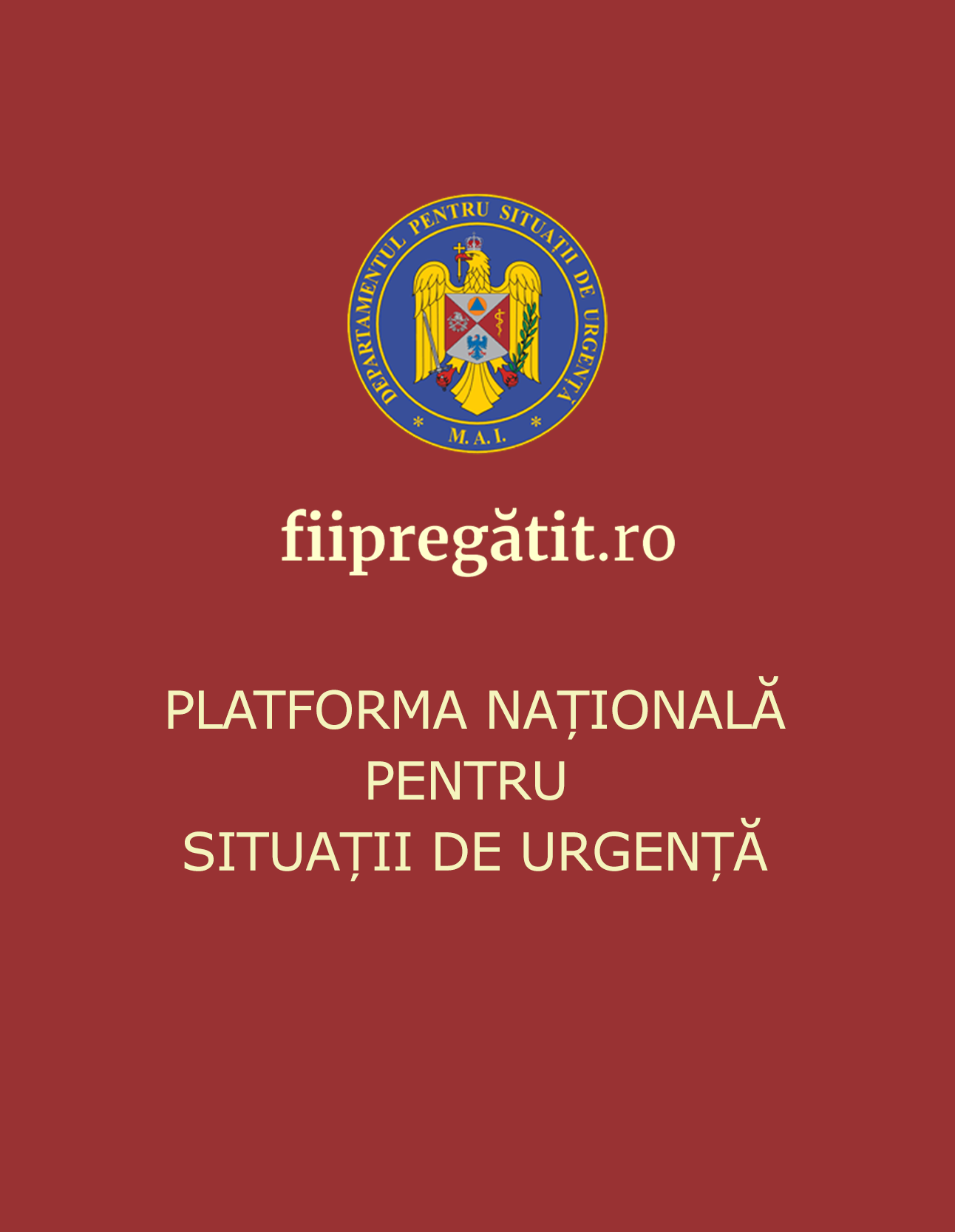
European Researchers Network Working on Second Victims (ERNST) / European Researchers Network Working on Secondary Victims of Adverse Health Care Events (professionals)
The project is implemented by representatives from 21 European and three other non-EU countries and is coordinated by the Foundation for the Promotion of Health and Biomedical Research of the Valencian Region (La Fundación para el Fomento de la Investigación Sanitaria y Biomédica de la Comunitat Valenciana, FISABIO).
Website:
https://cost-ernst.eu/
Funding source: COST (European Cooperation in Science & Technology) programme.
Duration of action: 4 years (2020-2024)
Purpose
The aim of this action is to facilitate discussions and share scientific knowledge, perspectives, legislation and standards, and best practices on adverse events in healthcare settings, to implement joint efforts to support secondary victims and to introduce an open dialogue and discussion among stakeholders on the consequences of the “secondary victim” phenomenon, based on transnational collaboration integrating different disciplines and approaches, including legal, educational, professional and socio-economic perspectives.
Specific research coordination objectives
- Encourage discussion of the fourth criterion (quadruple aim) and its implications for improving the quality of care in healthcare organisations, taking into account the involvement of secondary victims;
- Develop the conceptualisation of the phenomenon of ‘secondary victimisation’, and a common understanding of its definition;
- Increase general awareness of the impact of adverse events on health professionals;
- Obtain legislative changes by facilitating discussions on legal, ethical and organisational gaps, while promoting a common understanding of the factors underlying interventions to support secondary victims;
- Understanding the causes of errors by stakeholders and the general public;
- Introduce new system-wide indicators to improve health workforce policy;
- Encouraging the inclusion of the consequences of mistakes on health care providers and health in the curriculum;
- To identify by mutual agreement what to do if adverse effects occur, by sharing knowledge and methods of dealing with this phenomenon;
- Promote a debate in healthcare to learn from other industries.
Specific capacity development objectives
- Create a debate that promotes a culture of transparency and legal certainty as a contribution to promoting the wellbeing of first class healthcare staff as part of the commitment to quality assurance;
- Using managerial, social, legal, educational and clinical expertise to develop the conceptualisation of the phenomenon of secondary victimisation;
- To provide a platform for the development of a research and implementation agenda that engages stakeholders in the health care field to promote effective solutions and facilitate discussions on legal, ethical, social and organisational issues;
- Create a network to integrate disparate initiatives, identify more effective measures, promote knowledge exchange and disseminate research results;
- Encourage the development of proposals to support secondary victims.






